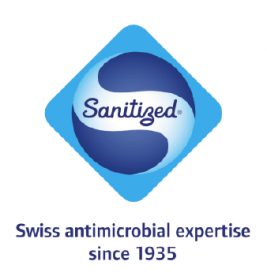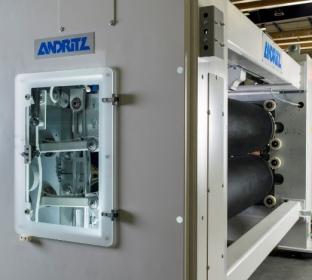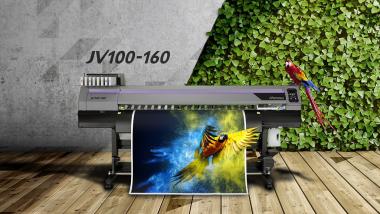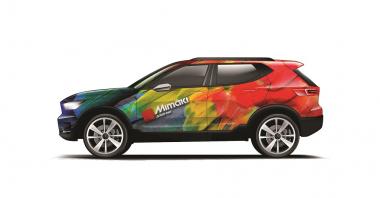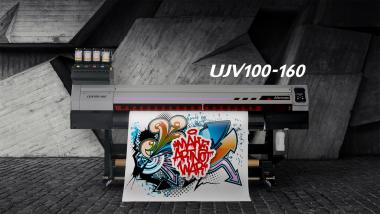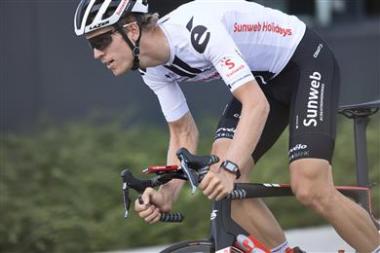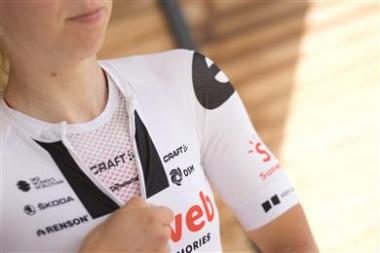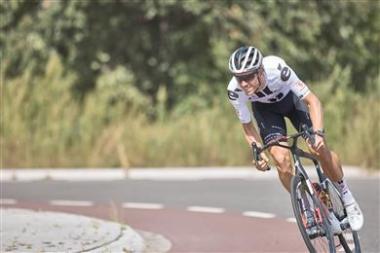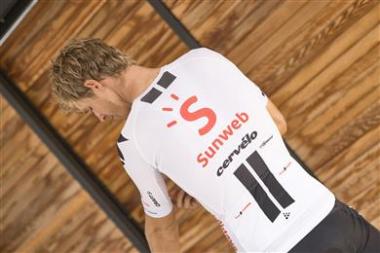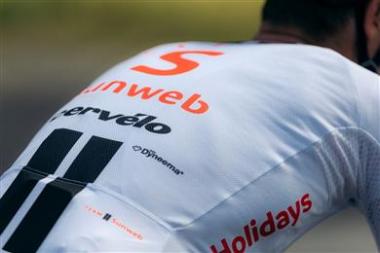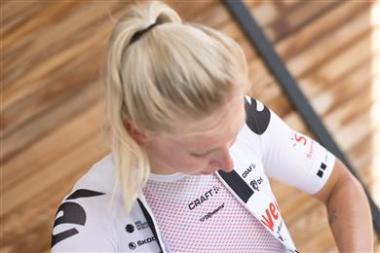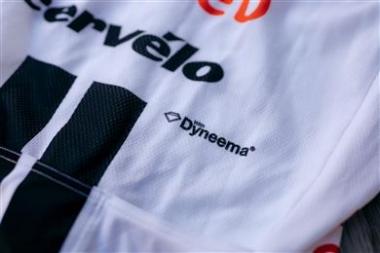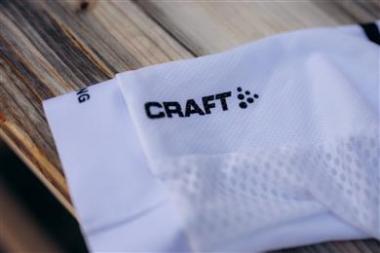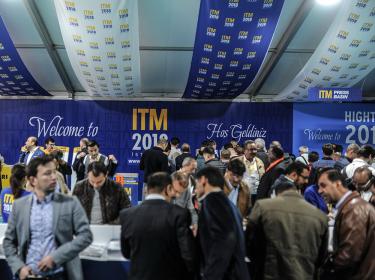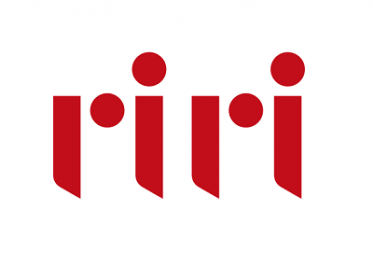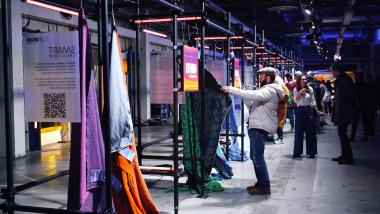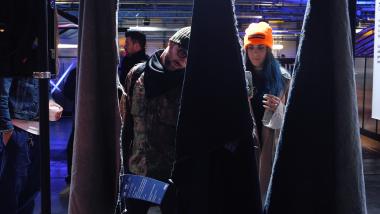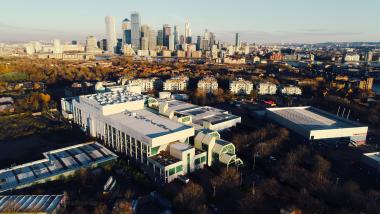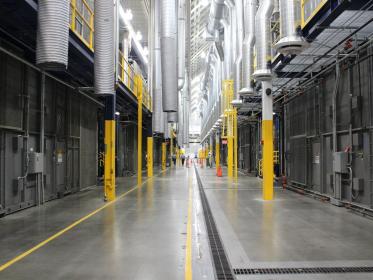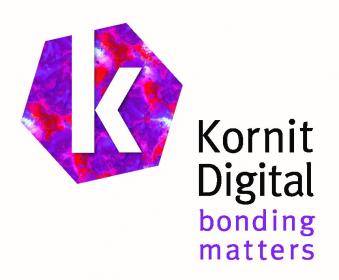Céline Abecassis-Moedas joins Lectra’s Board of Directors
At Lectra’s Extraordinary Shareholders’ Meeting held on April 30, members voted to appoint Céline Abecassis-Moedas as a new independent director. Nominated for a period of four years, she becomes a member of the Audit Committee, the Compensation Committee and the Strategic Committee.
The appointment of Céline Abecassis-Moedas to Lectra's Board of Directors will notably strengthen the Strategic Committee, which will be called upon to examine an increasing number of investment projects in innovative companies and the continued development of our offers for Industry 4.0.
Céline Abecassis-Moedas will also draw upon her international experience as an independent director, through positions held for nearly ten years at four companies in Spain and Portugal: Europac (Papeles y Cartones de Europa) from 2012 to 2019, CTT (CTT Correios de Portugal) from 2016 to 2020, CUF since 2016, and Vista Alegre Atlantis since 2020.
Céline Abecassis-Moedas, 49, is now Dean for Executive Education and Associate Professor at Católica-Lisbon. She began her career in research at France Telecom R&D, before joining Lectra in New York as an e-business product manager in 1999, then AT Kearney in London as a consultant in 2000. From 2002 to 2005, she was Lecturer in Strategy at Queen Mary University of London, then joined Católica-Lisbon University as Assistant Professor in Strategic and Innovation Management.
From 2014 to 2020, Céline Abecassis-Moedas was also Affiliate Professor at ESCP and co-scientific director of the Lectra-ESCP Chair's "Fashion and Technology".
Céline Abecassis-Moedas is a graduate of the École Normale Supérieure de Cachan, of the Université Paris Dauphine (DEA in Scientific management methods), holder of a Ph.D. in Management from the École Polytechnique and holder of the INSEAD Certificate in Corporate Governance obtained in 2017.
Industry 4.0, Lectra, Lectra Fashion PLM
Lectra





